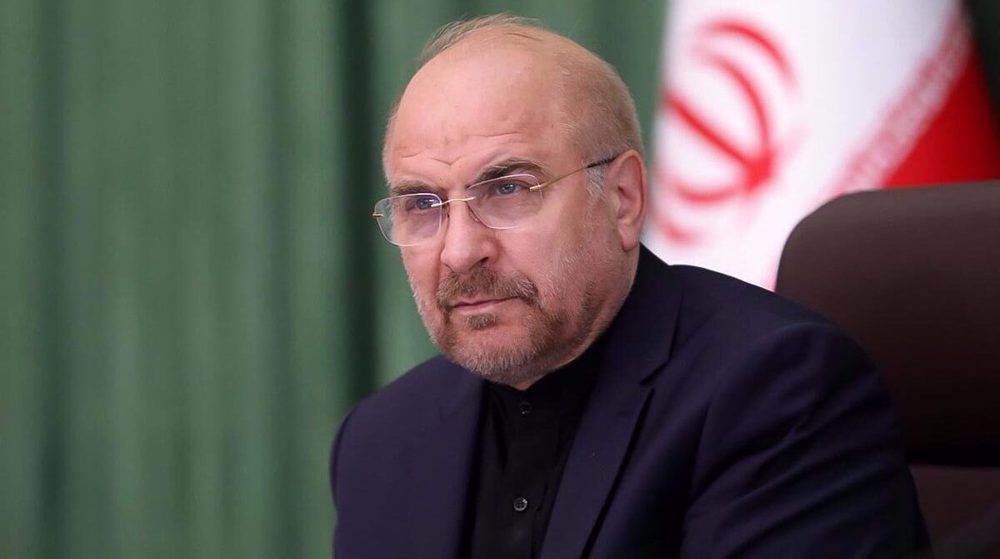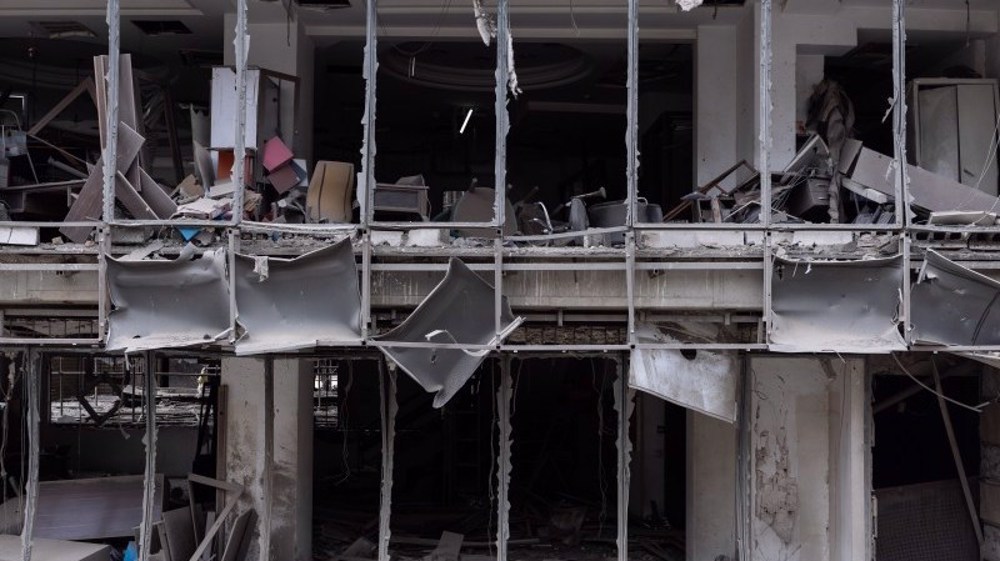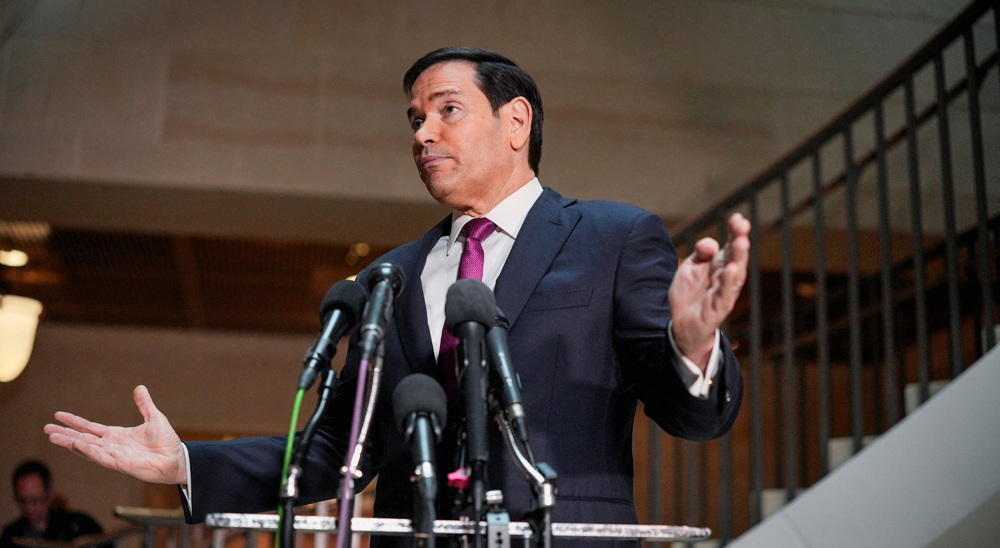Syrian, Swedish PMs to visit Iran for talks
The prime ministers of Syria and Sweden plan to pay official visits to Tehran to hold talks with senior Iranian officials about the latest developments in the Middle East and ways to bolster mutual relations.
Syrian Prime Minister Imad Khamis will arrive in Tehran on Tuesday at the official invitation of Iranian First Vice President Es’haq Jahangiri.
Khamis is expected to hold talks with Secretary of Iran’s Supreme National Security Council (SNSC) Ali Shamkhani.
Talks between the Syrian premier and the SNSC secretary will focus on the continuation of consultations between the two countries, pursuit of agreements reached between Tehran and Damascus in economic, political and security areas and the adoption of strategies to safeguard the recent achievements made in Syria, particularly after the liberation of the strategic city of Aleppo from foreign-backed militants.
Shamkhani and Khamis will also exchange views about ways to improve economic relations.
The SNSC secretary paid a visit to Damascus on January 8 and held talks with President Bashar al-Assad.
Shamkhani said various parties were playing a role in the increasingly complicated political and security situation in Syria, warning of excuses to sabotage a nationwide truce across the Arab state.
“Political negotiations must be held among Syrians and directed by themselves and the United Nations and influential countries in this regard must exclusively play a facilitating role,” he said.
Senior Iranian and Syrian officials have recently exchanged visits and views ahead of the planned intra-Syrian peace talks in the Kazakh capital of Astana.
The Astana negotiations will be held between representatives from the Damascus government and foreign-sponsored opposition groups in Astana on January 23.
The negotiations, which exclude the Daesh and Jabhat Fateh al-Sham Takfiri terrorist groups, will be mediated by Russia, Turkey, and Iran. The three countries successfully implemented a similar accord in December following the defeat of militants in Syria's northwestern city of Aleppo.
The Astana talks would be held in the wake of a nationwide ceasefire in Syria which was endorsed by the United Nations Security Council on December 31.
Aleppo, Syria’s second-largest city, was fully liberated in December, less than a month after the Syrian army started to drive foreign-backed militants out of their stronghold in the eastern side of the strategic city.
Swedish premier’s visit to Tehran in February
Swedish Prime Minister Stefan Löfven also plans to visit Tehran on February 11-12 to discuss ways of bolstering trade relations and cooperation as well as the developments in the Middle East, particularly in Syria.
During his stay, Löfven will sit down with Iranian President Hassan Rouhani.
A trade delegation, led by Swedish Minister for European Union Affairs and Trade Ann Linde, will accompany the prime minister in his trip to Tehran.
The Swedish prime minister met with President Rouhani September 26, 2015 in New York on the sidelines of the 70th annual session of the United Nations General Assembly.

The Iranian president said Tehran welcomed expansion of bilateral relations, particularly in economic fields.
“We witnessed a positive development in the two countries’ economic relations during recent months and such cooperation can be further expanded by increasing investment and transfer of technology,” Rouhani said.
The Swedish premier, for his part, said terrorism posed a threat to all countries in the world and expressed his country’s readiness to cooperate with Iran in the campaign against terror.
'Powerful strike': IRGC hits US destroyer with ballistic, strategic cruise missiles in Indian Ocean
IRGC: 16th wave of retaliation hit heart of occupied territories; enemy casualties stand at 680
We avenge the innocent until our last breath: Iran's parl. speaker
170 students, teachers martyred in ‘deliberate’ strikes on Iranian schools: Minister
Iran’s air defense systems down six advanced Hermes drones
US defenses overwhelmed by Iran’s drone and missile barrages: WSJ
IRGC says second US THAAD anti-missile unit destroyed
CNN journalists abducted by Israel while reporting on damage from Iranian strikes










 This makes it easy to access the Press TV website
This makes it easy to access the Press TV website